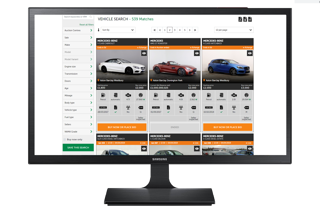A changing marketplace means fleet vehicle remarketing vendors will need to be flexible to achieve the best values for its customers, says Aston Barclay.
Its Used Market Insights Report – The Evolving Fleet Market 2016-2019, produced for the British Vehicle Rental & Leasing Association, shows how the market has changed and forecasts it will evolve further in the future.
The remarketing company says the changes will reflect an increasing amount of vehicles returning to market, which will impact prices.
Aston Barclay said this means vendors will need to use different tactics to keep stocking days and conversion rates at an acceptable level.
Martin Potter, group managing director of Aston Barclay, said: “From the beginning of 2016 to end of May 2019, fleet prices increased by £1,937.
“This continued price inflation has impacted on the buying habits of dealers across the board as they have sought alternative stock profiles and at a different price point.
“The knock-on implications of this changing buyer behaviour are that prices within the late and low sector, and young part-exchanges have also increased.”
Aston Barclay says the changes in the market are mainly organic, but have been accelerated by Brexit and, more specifically, WLTP.
Potter added: “Today, the market continues to evolve to meet the changing dynamics at play.
“At the same time, the late and low sector continues to establish a ‘natural’ replacement cycle rhythm as manufacturers come back into the rental markets, and the dealer – young part-exchange market is an area that sees increased activity from sourcing dealers and retailers.”
The report found the average fleet replacement cycles are currently running between 41 and 42 months.






















Login to comment
Comments
No comments have been made yet.